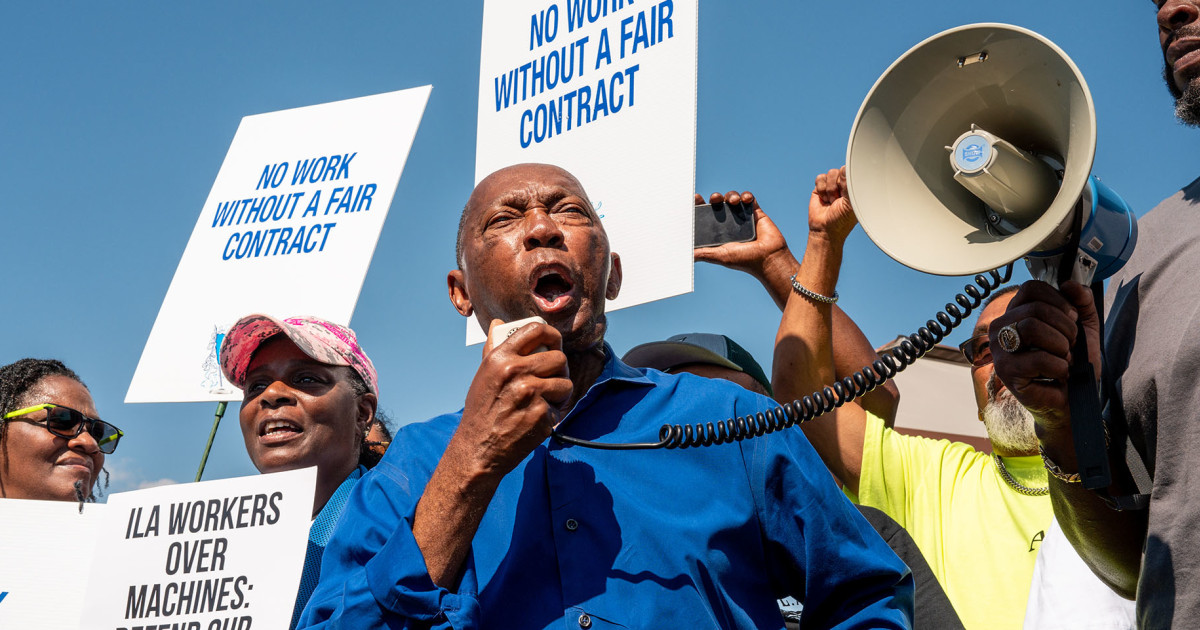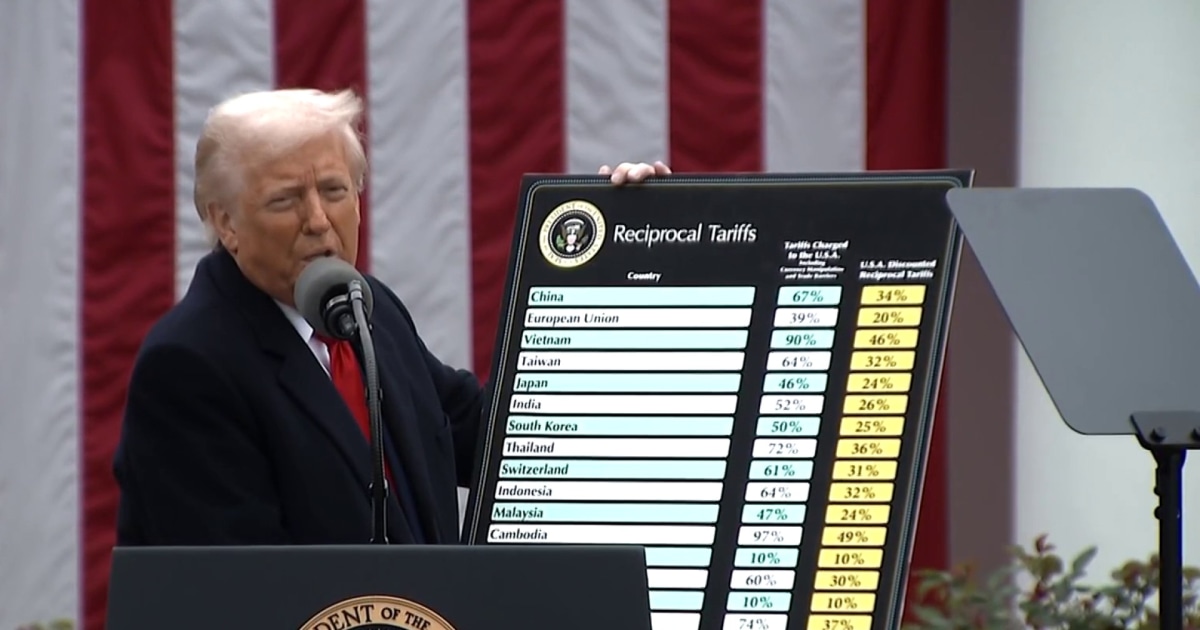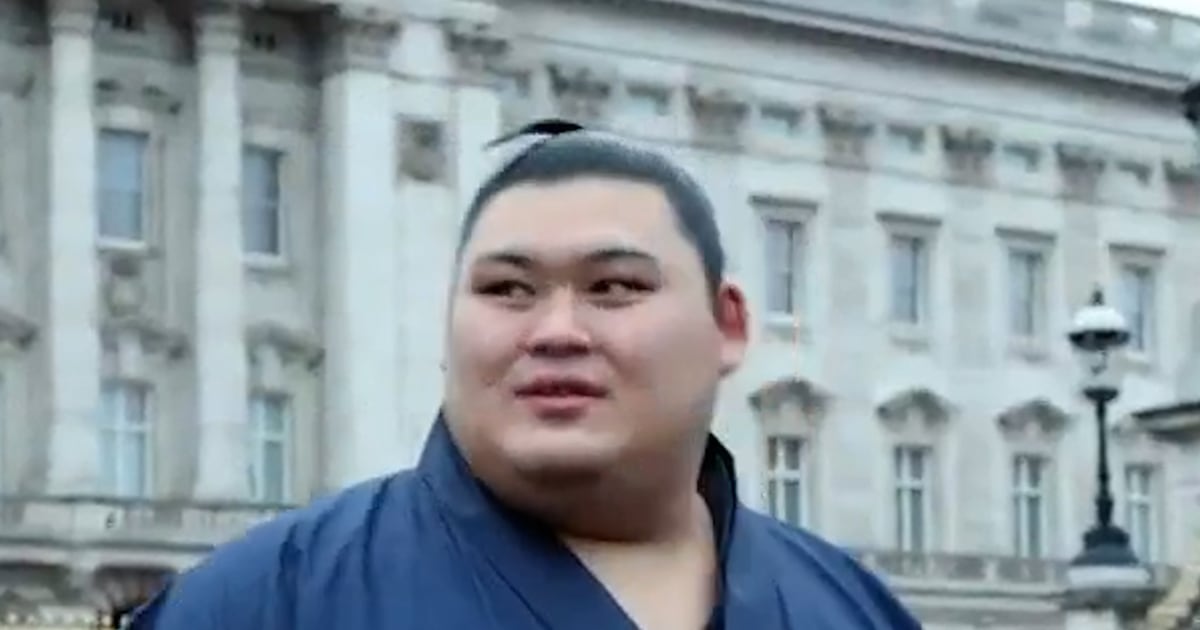Government workers, from the military to food inspectors, are paying the price for dysfunction in Washington. NBC’s Tom Costello reports for TODAY on the impact of the government shutdown and who is not getting a paycheck.
Source link
Here Are the Workers Not Getting Paid During the Shut Down




